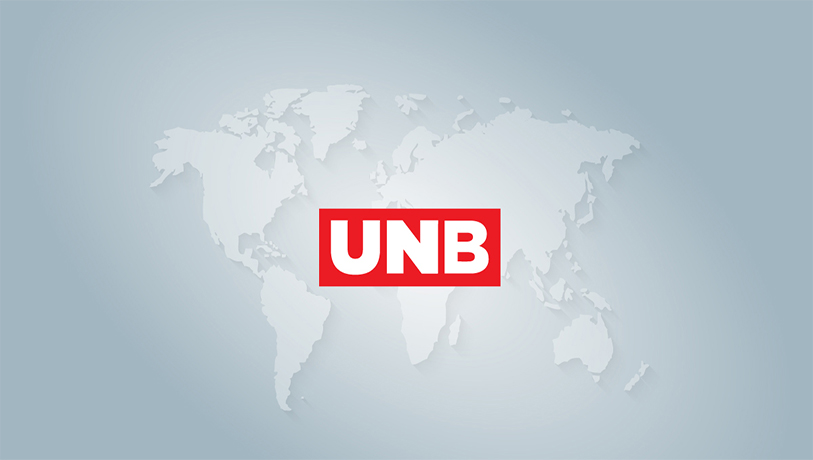The Customs Bill 2023 was passed in the parliament on Wednesday — aiming to ensure fiscal discipline and accountability in import revenue collection and trade facilitation.
Law Minister Anisul Huq, in absence of Finance Minister AHM Mustafa Kamal, moved the bill and it was passed by voice vote.
According to the objective of the bill, revenue collection at the import level of Bangladesh is being conducted under the Customs Act, 1969.
Necessary amendments to this act are brought through the Finance Act in the budget session every year.
However, along with the expansion of foreign trade, in light of the Revised Kyoto Convention and the Trade Facilitation Agreement signed later for the purpose of simplifying various procedures of customs, there is a need to amend the existing law to make the customs law of Bangladesh easy and compatible with international best practices and to make it business-friendly.
The Customs Act, 1969 enacted in English language by incorporating international best practices related to customs was part of the multifaceted reform and modernization program undertaken by the government and the National Board of Revenue to promote international standards of customs management in international trade and import and export. Initiatives have been taken to enact a modern customs law.
Accordingly, a draft of the Customs Act has been prepared in consultation with various organisations and stakeholders.
Customs Bill, 2023 has been prepared in Bengali language for the purpose of making up-to-date provisions on revenue collection, expansion of import and export trade, facilitation of business and expansion of new industrial sectors, after various reviews and revisions of the draft law following the above due process.
The salient features of the proposed Customs Act, 2023 are as follows:
While the existing Customs Act, 1969 is framed in English, the proposed “Customs Act, 2023” is framed in mother tongue Bengali.
The existing Customs Act, 1969 has a total of 223 sections. The proposed Customs Bill, 2023 has a total of 269 sections, in accordance with international agreements and conventions approved by the World Customs Organization (WCO) for revenue collection and trade facilitation and international best practices such as Authorised Economic Operator (AEO), Mutual Recognition Agreement (MRA), Electronic Declaration, Risk Management, Post Clearance Audit (PCA), Non Intrusive Inspection (NII) etc.
Various essential aspects of the Trade Facilitation Agreement (TFA) approved under the leadership of the World Trade Organization (WTO) such as Advance Ruling, Stakeholder's Consultation, National Inquiry Point (NEP), Website, Advance Passenger Information (API) / Passenger Name Record (PNR) etc. have been included.
A number of other important matters have also been inserted in the new act.
If the proposed bill becomes a law, it is expected that fiscal discipline and accountability will be ensured along with import revenue collection and trade facilitation.
